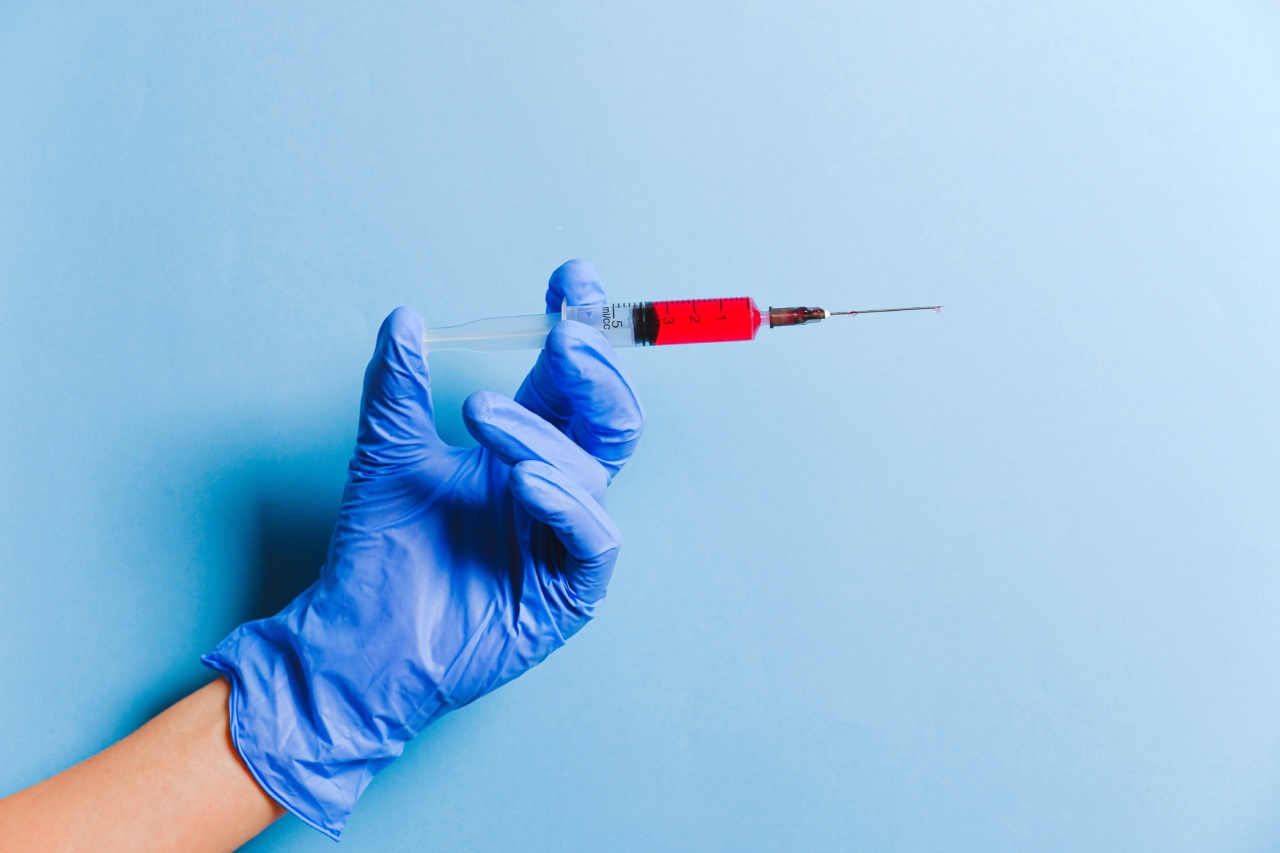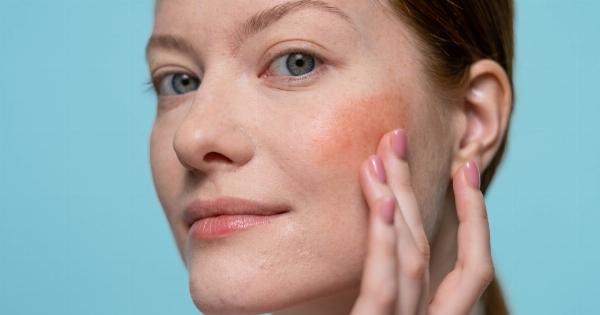Have you ever wondered about the hidden powers of your hair and blood beyond their visible appearances? These seemingly ordinary components of our bodies play vital roles in maintaining overall health and act as defenders against various external threats. The intricate mechanisms involved in their protective functions are governed by science, shedding light on the fascinating relationship between our bodies and the world around us.
In this article, we will explore the science behind hair and blood as defenders of health and learn how to optimize their functions for a healthier lifestyle.
Hair: More Than Just an Aesthetic Feature
Hair is often associated with beauty and style, but its significance goes far beyond appearances. Each strand of hair acts as a miniature sensor, capable of detecting potential threats and providing protection against them.
The roots of our hair contain sensory nerves that enable us to sense changes in temperature, pressure, and even the presence of toxic substances in our surroundings.
Furthermore, hair serves as a physical barrier, protecting our scalp from harmful UV radiation, temperature extremes, and the penetration of foreign particles into our bodies.
It acts as a shield against environmental pollutants, allergens, and microorganisms, which can otherwise harm our health.
Moreover, the sebaceous glands associated with our hair follicles produce a natural oil called sebum, which lubricates the hair and keeps it moisturized.
This oily layer acts as an additional protective barrier, preventing the loss of moisture and reducing the risk of dryness-related hair and scalp conditions.
The Intricate Connection Between Hair and Health
The health of our hair is intricately linked to our overall well-being. Various health conditions, nutritional deficiencies, hormonal imbalances, and stress can impact the quality, strength, and growth of our hair.
Our hair can serve as a visual indicator of our internal health.
For example, sudden hair loss can be a sign of underlying health issues such as thyroid disorders, autoimmune diseases, nutritional deficiencies, or hormonal imbalances.
Monitoring the condition of our hair can provide valuable insight into our overall health and prompt necessary actions to address any underlying health concerns.
Blood: The Lifeline of Health
Our blood, often referred to as the lifeline of our body, performs a multitude of critical functions that are essential for our health and survival.
It circulates throughout our bodies, delivering oxygen, nutrients, hormones, and immune cells to various tissues and organs.
One of the vital roles of blood is to act as a defender against infections and diseases. White blood cells, a key component of our immune system, are carried by our blood to target and neutralize harmful bacteria, viruses, and other invading pathogens.
Additionally, antibodies present in our blood help identify and eliminate foreign substances that may pose a threat to our health.
Blood also acts as a carrier of waste products, collecting metabolic waste and toxins from our tissues and organs.
It transports these waste products to the liver, kidneys, and other elimination organs to be filtered and excreted from our bodies, maintaining the overall health and functioning of our systems.
The Synergistic Relationship: Hair and Blood
Although hair and blood serve distinct functions in our bodies, they share a synergistic relationship in their roles as defenders of health.
Hair can act as an indicator of our internal health, while blood serves as the medium for delivering the necessary resources to maintain healthy hair and other bodily functions.
For optimal hair health, it is essential to ensure a well-functioning circulatory system that delivers the necessary nutrients and oxygen to the hair follicles. A healthy blood flow will contribute to the growth of strong and lustrous hair.
Proper blood circulation is also vital for the removal of waste products and the prevention of scalp conditions that may impede hair growth.
On the other hand, maintaining healthy hair can also contribute to better blood circulation. Massaging the scalp stimulates blood flow to the hair follicles, promoting their nourishment and growth.
Additionally, a cleaner and healthier scalp reduces the risk of bacterial or fungal infections that may negatively affect blood quality.
Optimizing Hair and Blood for a Healthier Lifestyle
Now that we understand the crucial roles of hair and blood in protecting our health, let’s explore some ways to optimize their functions for a healthier lifestyle:.
1. Nourish Your Hair From Within
Ensure you maintain a balanced diet rich in essential nutrients such as vitamins, minerals, proteins, and healthy fats. These nutrients are vital for healthy hair growth and overall well-being.
Include foods like fruits, vegetables, whole grains, lean proteins, and omega-3 fatty acids to promote hair health.
2. Stay Hydrated
Drinking an adequate amount of water is crucial for maintaining good blood circulation and overall health. It helps transport nutrients to the hair follicles, promoting healthy hair growth, and ensures the efficient removal of waste products.
3. Exercise Regularly
Engaging in regular physical activity promotes blood circulation throughout the body, including the scalp.
Both aerobic exercises and targeted scalp massages can enhance blood flow, providing vital nutrients and oxygen to the hair follicles and promoting healthier hair growth.
4. Manage Stress Levels
Chronic stress can have detrimental effects on both hair and overall health. Implement stress management techniques such as meditation, deep breathing exercises, or engaging in hobbies to reduce stress levels and promote a healthier lifestyle.
5. Protect Your Hair from External Stressors
Avoid excessive heat styling, chemical treatments, and harsh hair products that can damage the hair shaft, leading to breakage and hair loss.
Use protective measures such as hats or scarves when exposed to extreme weather conditions or harmful UV radiation.
6. Get Regular Check-ups
Regular medical check-ups can help identify any underlying health issues impacting hair and overall well-being. Addressing these concerns promptly can contribute to healthier hair and better overall health.
7. Practice Good Hygiene
Keep your scalp clean and free from excess oil, dirt, and product build-up. Maintain proper hygiene by washing your hair regularly with a gentle shampoo and conditioner suitable for your hair type.
This prevents scalp conditions and ensures a healthy hair environment.
8. Seek Professional Advice
If you are experiencing excessive hair loss, scalp issues, or any other concerns, consult with a healthcare professional or a dermatologist who specializes in hair and scalp health.
They can provide personalized advice and guidance tailored to your specific needs.
9. Stay Consistent
Consistency is key when it comes to optimizing the functions of hair and blood. Incorporate healthy habits into your daily routine and maintain them in the long run for sustainable results.
It may take time to notice significant changes, but with patience and persistence, you can achieve and maintain healthier hair and overall well-being.
10. Embrace Self-Care
Lastly, prioritize self-care and relaxation for overall health and happiness. Taking care of your body and mind contributes to healthier hair and better blood circulation.
Engage in activities that bring you joy, practice self-care rituals, and ensure you get enough restorative sleep.
In conclusion, hair and blood are not just ordinary components of our bodies. They are vital defenders of our health, equipped with complex mechanisms that protect us from external threats and provide essential support for our overall well-being.
By understanding the science behind their protective functions and implementing strategies to optimize their processes, we can achieve healthier hair and a more vibrant, balanced lifestyle.































